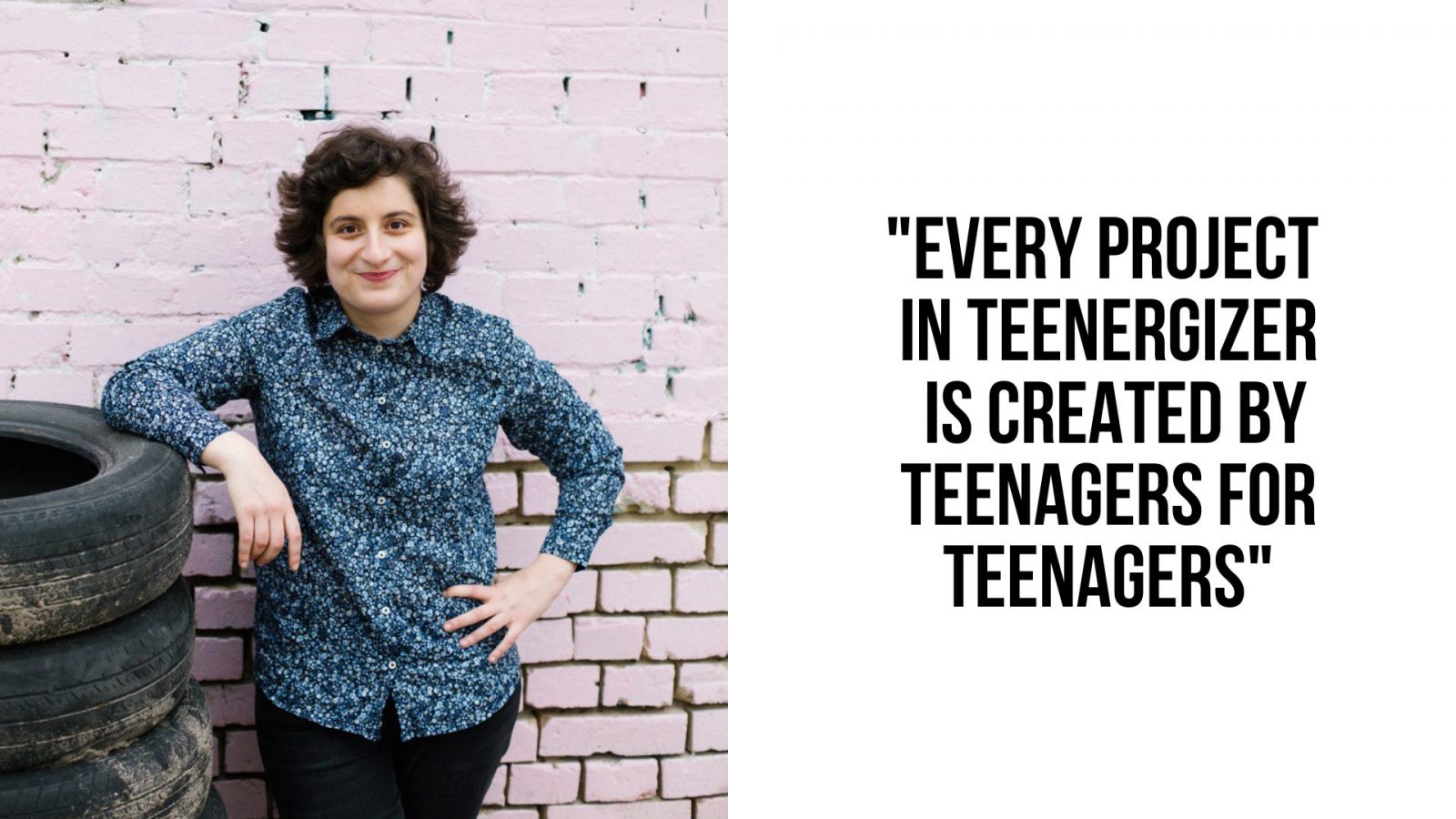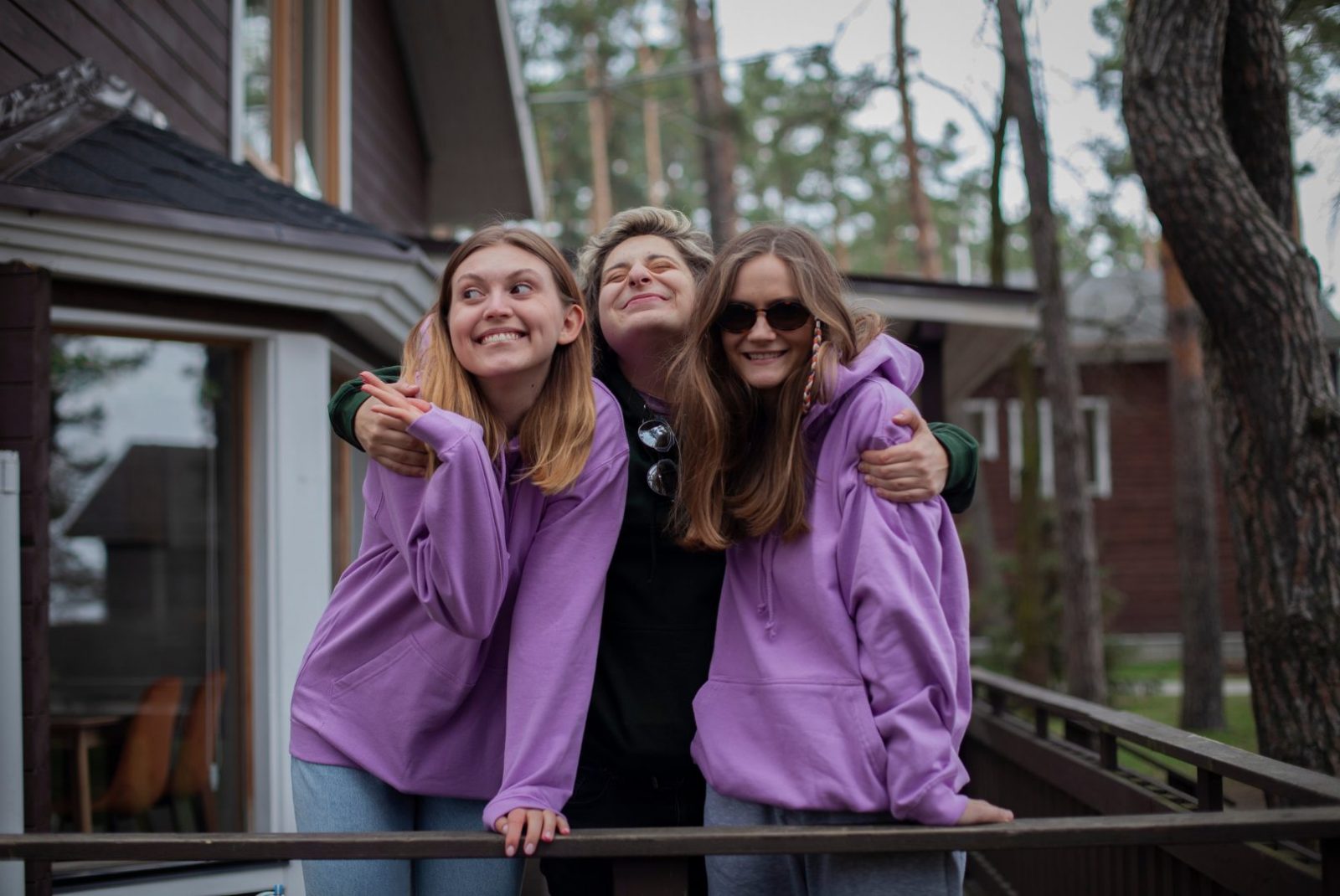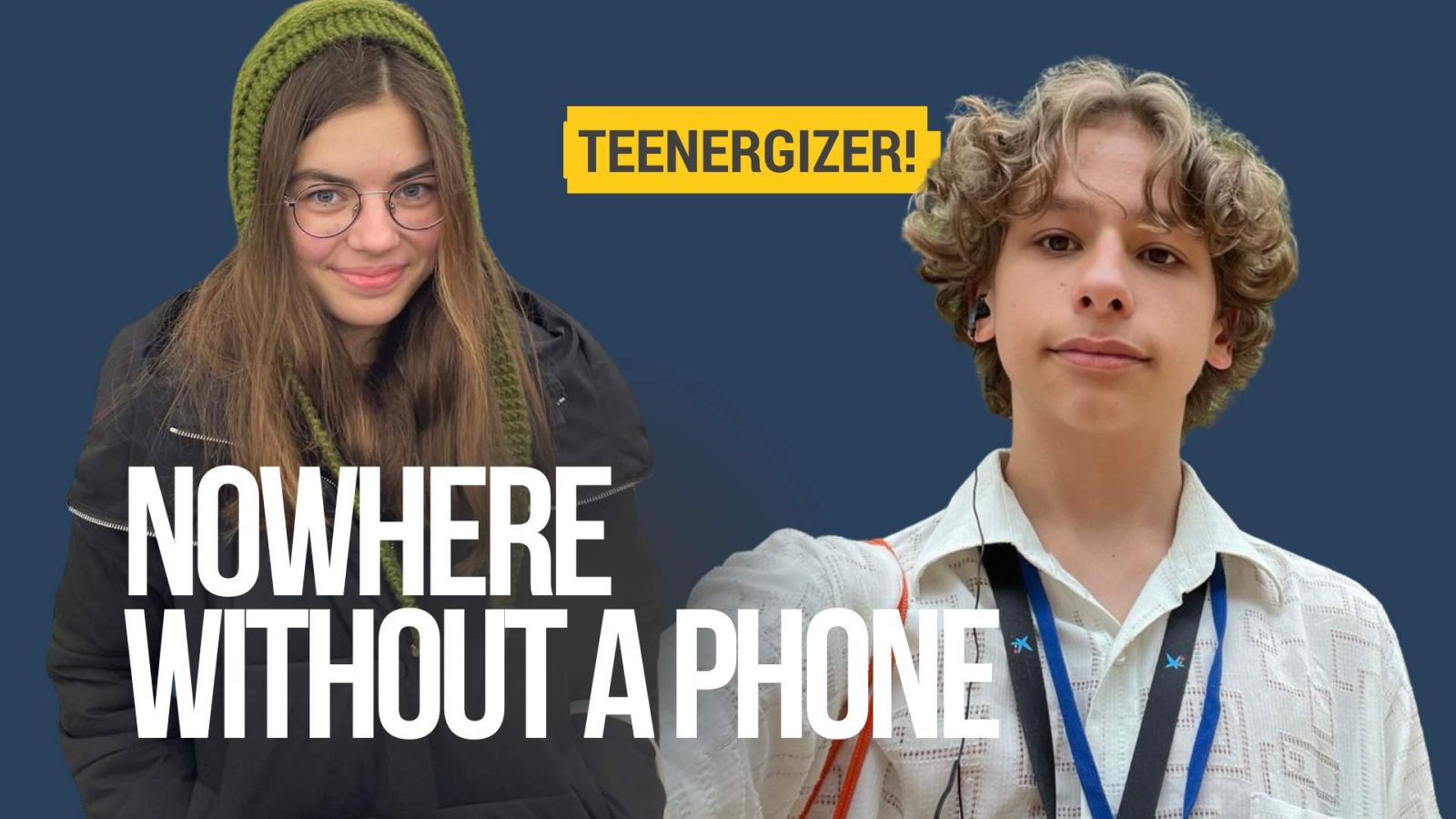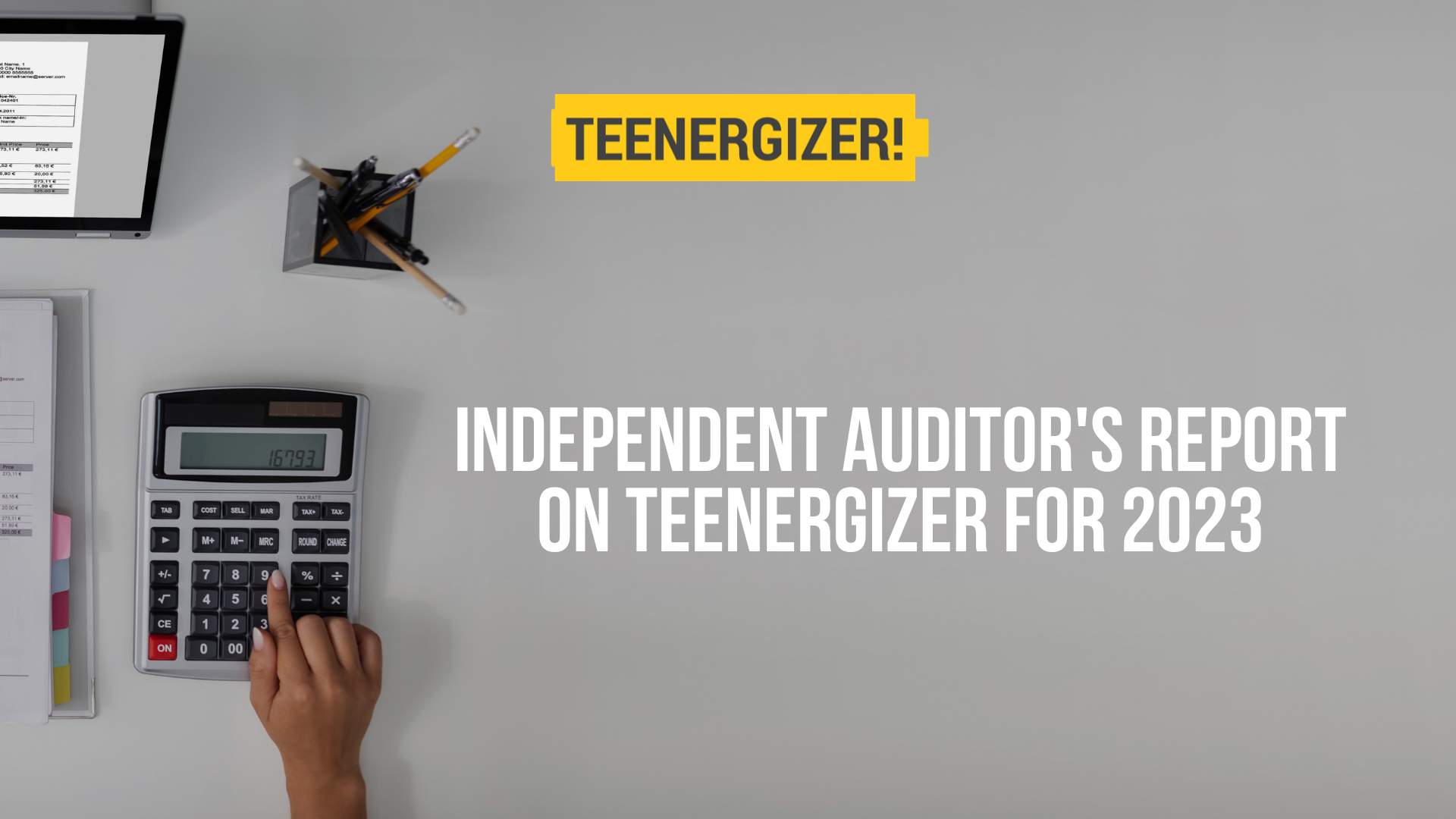Power outages and other wartime hardships haven’t stopped Teenergizer from offering thousands of peer counseling sessions to young people and providing vital support to youth living with HIV or AIDS.
 Since the Russian invasion of Ukraine in February 2022, GFC partner Teenergizer has seen a significant increase in the demand for its peer counseling service.
Since the Russian invasion of Ukraine in February 2022, GFC partner Teenergizer has seen a significant increase in the demand for its peer counseling service.
The youth-led organization, which was founded in Ukraine in 2013, has also noticed a change in the problems for which young people are reaching out for support. Concerns about relationships and school have largely been replaced by depression, anxiety, post-traumatic stress disorder, and other mental health issues triggered or exacerbated by the war.
“The young people, they lost their dreams. An entire generation of my friends, young women, students, and children have fled their cities, towns, and villages, leaving behind our homes, studies, and members of our families,” explained Yana Panfilova, Teenergizer’s founder and the head of the organization’s board.
“And millions more are still in Ukraine, defending our cities and our homes against a Russian army that is raping and killing,” she added.
In 2022, Teenergizer’s 150 peer counselors, who are trained psychology students, provided more than 26,000 consultations, listening, supporting, and, when appropriate, referring adolescents and young people to the organization’s staff psychologist. This is despite the frequent power outages caused by Russian bombings, which interrupt the online counseling sessions offered via chat, and despite the fact that some of Teenergizer’s staff have had to leave Ukraine. Yana, for example, has sought refuge in Germany, and other Teenergizer team members have moved across the world.
Peer counseling isn’t the only way Teenergizer is helping teenagers and young people impacted by the war. The organization also runs support groups for youth living with HIV and advocates for legislative changes in Ukraine that would increase youth access to mental health treatment. Representatives from Teenergizer recently met with First Lady of Ukraine Olena Zelenska to provide input on a new national mental health program.
Teenergizer is also raising awareness about the challenges young people living with HIV or AIDS face in accessing treatment. Disruptions in medical services and logistical issues caused by the war have made it harder to get antiretroviral medicine as well as the periodic testing needed to monitor the health of people living with HIV.
Some young men living with the virus have also been prevented from seeking treatment abroad. People living with HIV are supposed to be exempt from government restrictions that ban most men of military age – between the ages of 18 and 60 – from leaving the country. But Teenergizer has seen cases of young men living with the virus who have not been able to secure the necessary government permission to travel abroad and has connected them with legal support.
Yana, who is 25 and was born with HIV, founded Teenergizer when she was 15 as a peer support group for teens living with the virus. The group later decided to expand its work to include all teenagers with the goal of raising awareness about HIV and ending discrimination against people living with it. The stigmatization of people living with HIV or AIDS is widespread in Ukraine, Yana said, in part because of a lack of comprehensive sexual education in schools and a lack of awareness about how the virus spreads. A United Nations Population Fund survey conducted in Ukraine in 2019 and 2020 underscores this point. The survey found that 19% of the teachers who responded said they believed children with HIV should not study with other kids.
In 2021, Yana was elected by the Global Network of People living with HIV to speak at the opening of the United Nations High-Level Meeting on AIDS at the UN General Assembly. She spoke on behalf of 38 million people living with HIV in the presence of heads of state, ministers, ambassadors, and UN leadership.
Over the past ten years, Teenergizer has grown into a regional youth-led movement that unites young people in Ukraine, Kazakhstan, Kyrgyzstan, and Tajikistan. In addition to mental health services and support groups, it provides comprehensive sex education and offers internship opportunities to teens.
“What’s unique about Teenergizer is that every project is created by teenagers for teenagers,” Yana said.
As the war in Ukraine enters its second year, Yana said there is an urgent need for more psychological support for young people. She would like to see a large-scale awareness campaign on mental health issues, as well as a class in schools that addresses this topic. Given the effectiveness of Teenergizer’s peer counseling service, she also believes an expansion of peer counseling in Ukraine could help meet some of the country’s mental health needs.
“We need to include more money, more investment on this topic, and we should care more about mental health, especially among teenagers, particularly peer counseling,” Yana said. “In our culture sometimes it’s really hard for teenagers to believe in adults, but they trust their peers.”
Since the war in Ukraine began, GFC has approved more than $2.5 million in emergency grants to over 65 local partners in Ukraine and neighboring countries that are helping children and families under attack and refugees fleeing the country. Through GFC’s Ukraine Emergency Response Fund, Teenergizer has received grants funded by UBS and GlobalGiving.
Original article: Global Fund for Children
By Kyra Gurney











